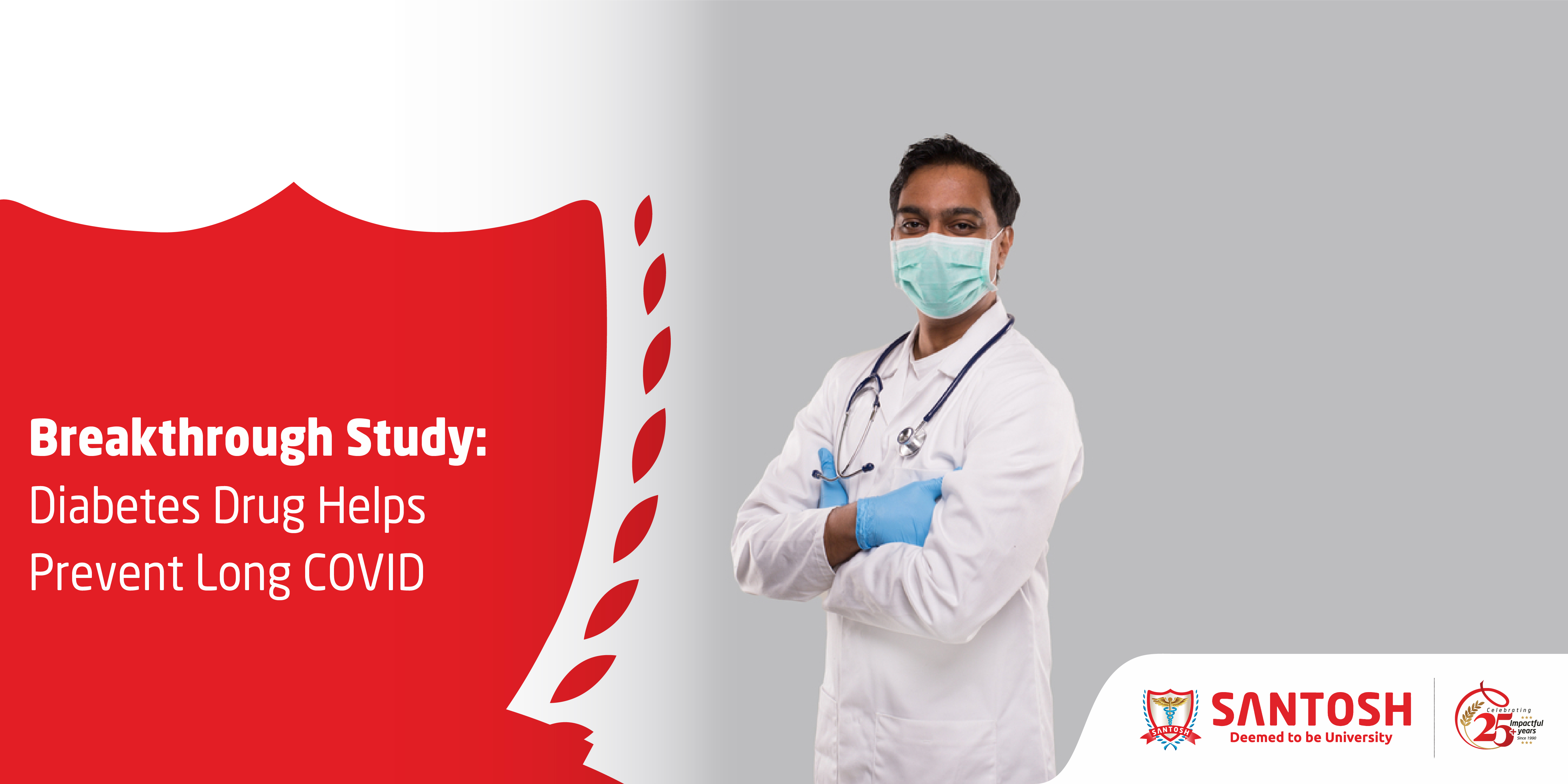
Long COVID is a complex and challenging condition that affects a significant number of individuals who have fully recovered from the initial infection of COVID-19 but long COVID is still evolving and people fighting with chronic symptoms that have a significant impact on their quality of life. People with long COVID struggle and require ongoing medical care or rehabilitation. Long-term symptoms commonly referred to as long COVID, can range from fatigue and brain fog to respiratory and heart issues.
Despite the lack of consensus on what constitutes long COVID, many individuals who have recovered from the acute phase of the illness continue to experience a range of symptoms that may persist for months. The severity and duration of these symptoms can vary widely among individuals, making it difficult to predict how long they will last or how best to treat them. Some researchers believe that long COVID may be caused by an overactive immune response or persistent viral presence in the body. Others suggest that it may be related to damage done to organs during the acute phase of the illness. Scientists are still trying to fully understand the underlying mechanisms of long COVID and to recognize the potential long-term consequences and develop treatment strategies to support those who are affected by this complex condition.
There have been some recent developments in research that offer hope for potential prevention or treatment strategies. One such breakthrough could be from a randomized trial. Medication that is being explored in clinical trials to alleviate the symptoms of long COVID. This includes the drug having anti-diabetic action named “Metformin”. Metformin appears to play a role in preventing long COVID when taken early during a COVID-19 infection. In particular, metformin led to a 42% drop in long COVID among people who had a mild to moderate COVID- 19 infection. Metformin could prevent significant disruptions in people's lives," says lead author Carolyn Bramante, MD, an assistant professor of internal medicine and paediatrics at the University of Minnesota.
Between January 2021 and February 2022, Bramante and colleagues tested three oral medications – metformin (typically used to treat type 2 diabetes), ivermectin (an antiparasitic), and fluvoxamine (an antidepressant) – in a clinical trial across the U.S. called COVID-OUT. The people being studied, investigators, care providers, and others involved in the study were blinded to the randomized treatments. The trial was decentralized, with no in-person contact with participants.
The researchers included patients who were ages 30-85 with overweight or obesity, had documentation of a confirmed COVID-19 infection, had fewer than 7 days of symptoms, had no known prior infection, and joined the study within 3 days of their positive test. The study included monthly follow-up for 300 days, and participants indicated whether they received a long COVID diagnosis from a medical doctor. Overall, 8.4% of participants reported that a medical provider diagnosed them with long COVID. Of those who took metformin, 6.3% developed long COVID, compared to 10.6% among those who took the identical-matched placebo. The risk reduction for metformin was 42% versus the placebo, which was consistent across subgroups, including vaccination status and different COVID-19 variants. Neither ivermectin nor fluvoxamine showed any benefits for preventing long COVID but study authors caution that more research is needed.
The results are now under journal review but show consistent findings from other recent studies. "Given the lack of side effects and cost for a 2- week course, data support use of metformin now," says Eric Topol MD.
SOURCE: The Lancet (preprint): "Outpatient Treatment of COVID-19 and the Development of Long COVID Over 10 Months: A Multi-Center, Quadruple- Blind, Parallel Group Randomized Phase 3 Trial."
Courtesy: Dr Pramod Sharma (MD, DM)
Professor & Head (Pharmacology)
Santosh Deemed To be University, Ghaziabad.
Long COVID is a serious and debilitating condition that requires focussed research and attention. Efforts are ongoing to better understand the underlying mechanisms of long COVID and develop more effective treatments for this complex syndrome.
Santosh Hospital, a premier 800+ bedded, superspecialty hospital in the heart of Ghaziabad. The hospital is continuously providing services and facilities with advanced technology and clinical expertise together. Its team of experienced medical professionals provided comprehensive care for patients during the time of COVID with full dedication. With a patient-centered approach and a commitment to excellence in patient care, Santosh Hospital became an L3 (Level 3) COVID Hospital in 2020–21 during the fight against the COVID pandemic.